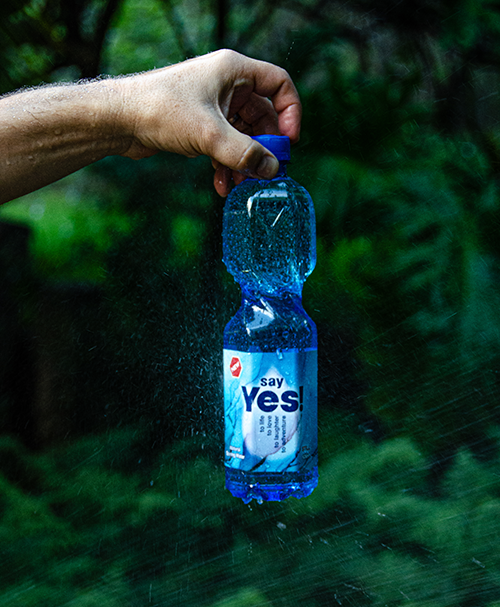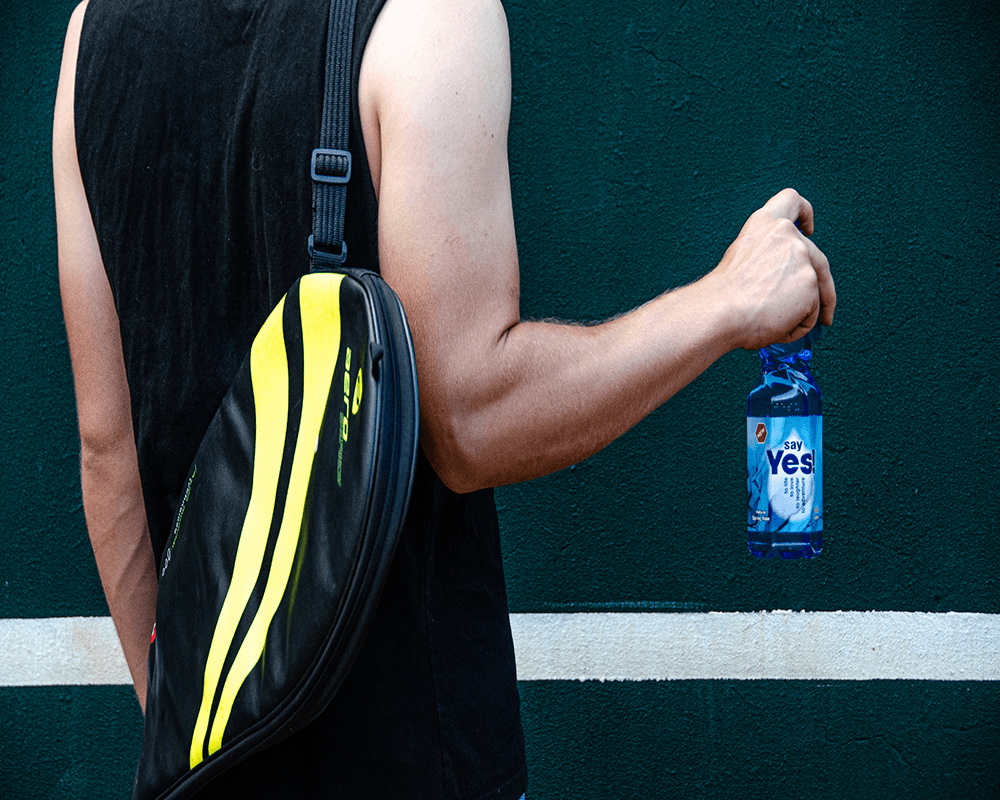Water
Health Benefits of Drinking Enough Water
The composition of water varies widely with local geological conditions. Neither groundwater nor surface water has ever been chemically pure H2O, since water contains small amounts of gases, minerals and organic matter of natural origin.
Various results suggest that the minimum magnesium content of drinking water should be 10 mg/L, the minimum calcium content should be 20 mg/L and Sodium levels should be less than 20mg/L. It also suggests high levels of TDS and low levels of Chloride.
BUT
BUT
Most of our drinking water, whether from natural resources, prepared, tap or bottled, are low mineral or demineralized content water (Artificially produced demineralized waters, distilled water and also deionized or reverse osmosis-treated water) and:
- Have direct effects on the intestinal mucous membrane, metabolism and mineral homeostasis or other body functions.
- Cause little or no intake of calcium and magnesium from low-mineral water.
- Will have low intake of essential elements and microelements.
SayYes water is definitely one of the healthiest waters you can drink, with suitable levels of all the following minerals:
SayYes water is definitely one of the healthiest waters you can drink, with suitable levels of all the following minerals:
Typical Mineral Composition in mg per L
| Calcium (Ca) | 27.3 |
| Chloride (Cl) | 3.2 |
| Fluoride (F) | < 0.1 |
| Magnesium (Mg) | 13.0 |
| Nitrate (N) | 0.5 |
| Alkalinity (CaCO3) | 139.0 |
| Potassium (K) | 0.7 |
| Sodium (Na) | 7.0 |
| Sulphate (SO4) | 1.2 |
| TDS | 138.4 |
| pH | 7.3 |
According to the Centre of Disease control and Prevention
Water helps your body
- Keep your temperature normal
- Lubricate and cushion joints
- Protect your spinal cord and other sensitive tissues
- Get rid of wastes through urination, perspiration, and bowel movements
- Transport nutrients from food



